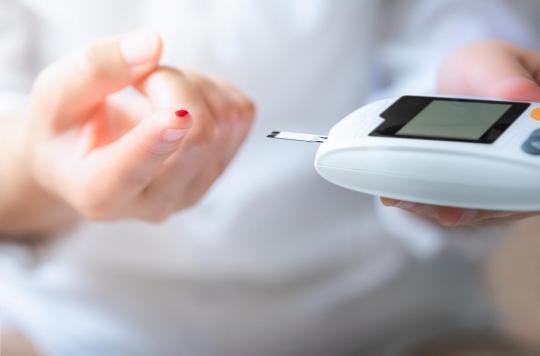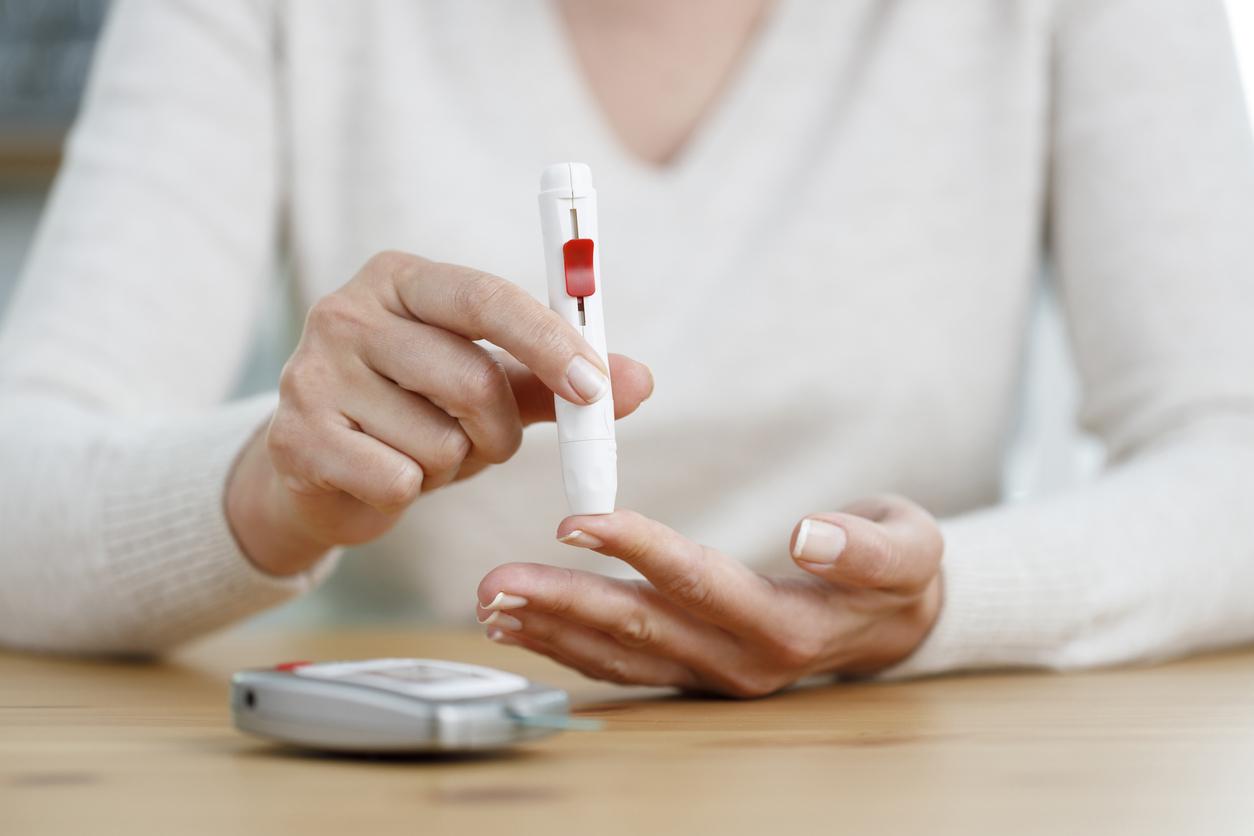A new study shows that insulin deficiency and high blood sugar disrupt the reproductive system of women with type 1 diabetes. This has the effect of delaying their periods and causing their ovaries to age prematurely.

- Due to their insulin deficiency and hyperglycemia, women with type 1 diabetes often have their reproductive cycles disrupted.
- This is characterized by delayed periods, as well as early menopause, which puts them at increased risk of cardiovascular disease, osteoporosis and early mortality.
Also called insulin-dependent diabetes (IDD), type 1 diabetes is an autoimmune disease characterized by excess sugar in the blood. This hyperglycemia is due to the cessation of production of insulin, a hormone secreted by the pancreas, which also plays a key role in the regulation of female reproductive function.
A new study published by the journal Menopause highlights the implications of this cessation of insulin production on the fertility of women with type 1 diabetes. According to its authors, this insulin deficiency causes shorter reproductive periods, as well as an earlier onset of menopause.
An increase in cardiovascular risk
The researchers followed 300 women with type 1 diabetes, whose length of reproductive periods were compared with that of women without diabetes. The results show that diabetic women have shorter reproductive periods, with delayed menstruation and earlier natural menopause due to insulin deficiency and hyperglycemia disrupting the normal functioning of their reproductive system. The researchers note, however, that these findings apply only to women who were diagnosed with type 1 diabetes before the age of menstruation.
For the researchers, this finding has important implications because, by promoting early natural menopause, type 1 diabetes also increases the risk of developing cardiovascular disease and mortality. They believe that more research is needed to help determine modifiable factors that contribute to early menopause in order to improve the reproductive health of women with diabetes.
“This study showed that women whose type 1 diabetes occurs before menstruation are at an increased risk of having their reproductive period shortened. Thus, these women are not only at risk of premature aging of the ovaries due to early-onset type 1 diabetes, they are also at increased risk of cardiovascular disease, osteoporosis and early mortality due to early natural menopause Understanding these risks and targeting appropriate risk reduction are essential to optimize the health and quality of life of these women”concludes Dr. Stéphanie Faubion, medical director of the North American Menopause Society (NAMS).

.

















